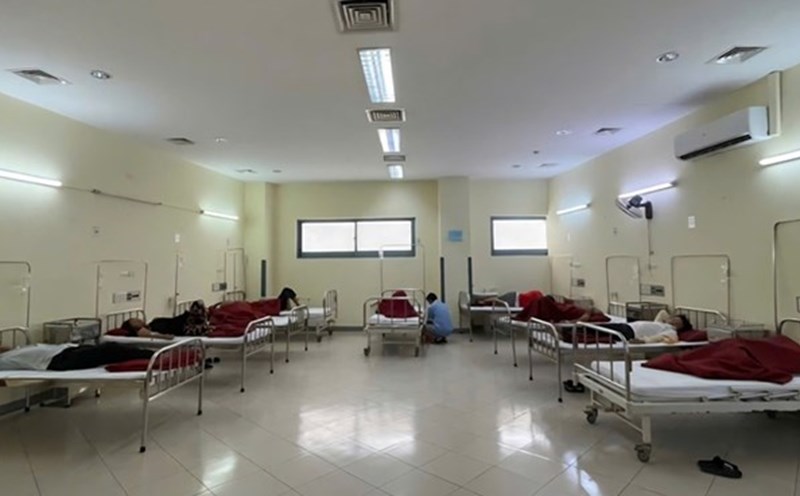When mentioning a heart attack, most people often think of a severe, unexpected and critical pain.
However, according to medical experts, in many cases, the body has begun to issue silent warning signals for several weeks, even a month before.
If these signs are detected early, they can help prevent serious cardiovascular incidents, even saving a life, according to Indianexpress.
According to Dr CM Nagesh, General Secretary of the College of Cardiology in India, a range of physical and emotional symptoms can appear early, but are often mistaken for common fatigue, anxiety or digestive disorders.
Typical manifestations include prolonged fatigue, difficulty breathing when exercising lightly, feeling heavy in the chest, sleep disturbances, dizziness, irregular heartbeat, chills or pain spreading to the back, jaw or left shoulder.
What makes these symptoms difficult to recognize is that they are unclear and easily mistaken for everyday problems.
For example, a person who used to climb stairs without difficulty but now feels short of breath after just a few steps, or nausea, bloating that is not caused by changes in diet, accompanied by unusual fatigue, can be an early warning to pay attention to.
In particular, warning signs in women may be different from men. While breast pain is still a common symptom in both women, women often experience atypical symptoms such as unreasonable fatigue, upper back pain or jaw pain, dizziness, and even no chest pain.
This makes them more susceptible to the misdygnosis of digestive or psychological problems, thereby missing the opportunity for timely intervention.
If you notice suspicious changes in how your body responds to normal activities, Dr. Nagesh recommends seeing a cardiologist for a check-up of risk factors and taking tests such as electrocardiogram, stress test or blood test.
In addition, lifestyle changes that are beneficial to the heart such as limiting salt, sugar, quitting smoking, reducing stress and maintaining physical activity are also very important in preventing heart attacks.
Listening to your body and not ignoring the slightest signs can be the key to protecting your cardiovascular health - and your own life.











